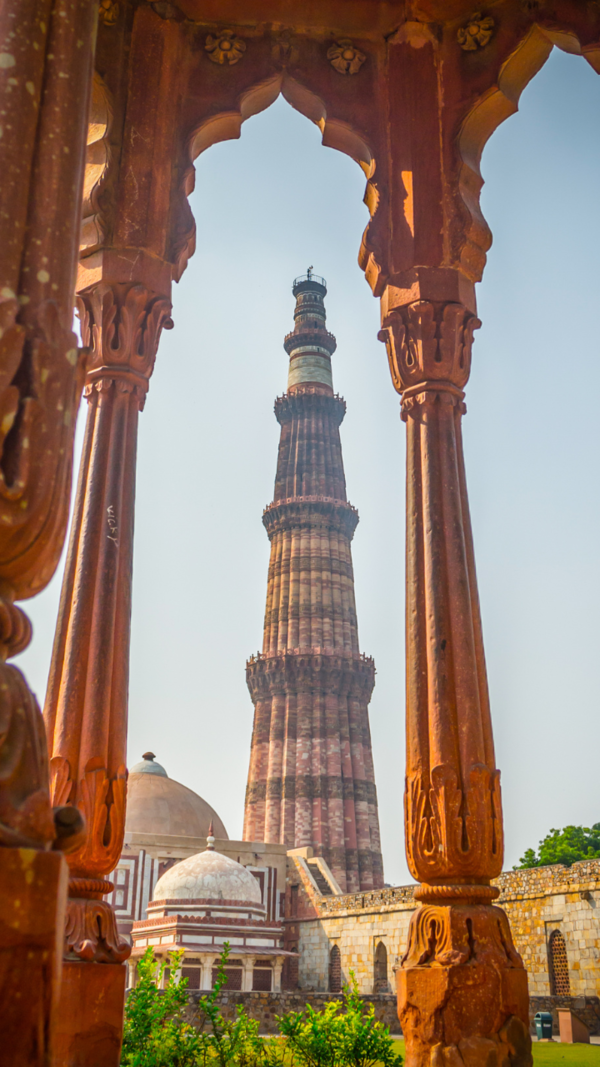- News
- City News
- kolkata News
- Khasi film feted at Moscow film festival
Trending
Khasi film feted at Moscow film festival
Kolkata: ‘Ha Lyngkha Bneng' (‘The Elysian Field'), Pradip Kurbah's Khasi film, co-written by Kolkata's Paulami Dutta with sound design and mixing engineering by Saptak Sarkar and Sayantan Ghosh, won the Best Film and Best Director award at the 47th Moscow International Film Festival. At the same festival, it was also given the NETPAC Award for Best Asian Film by a jury whose president was from Kolkata.
The festival had 13 films from 13 countries participating in the main competition. Spanish filmmaker Luis Miñarro awarded the Golden Saint George for the Best Film, mentioning that its title can be interpreted "as a place where superior souls meet." Jury members - director and screenwriter Aleksey German Jr and director, screenwriter, producer Cornel Gheorghita – awarded Kurbah the prize for the best director. Gheorghita said, "This is a very important film, which took me to a new level in world cinema when Sokurov, Kurosawa and Beckett came together." German added, "This is an incredibly bold film by a courageous, smart, subtle and perfectly humane director who did exactly what one shouldn't do to win at a festival – he removed all powerful narratives and themes and took people's feelings and emotions instead."
You Can Also Check: Kolkata AQI | Weather in Kolkata | Bank Holidays in Kolkata | Public Holidays in Kolkata
Premendra Mazumder, the president of the NETPAC jury, said the 123-minute-long film was awarded for its philosophical expression of life and death through a "brilliant poetic visual language" enriched with "satire and humour." "The astounding poetic visuals where nature acts as a stimulant kept us engrossed from beginning to end. It is a cinematic gem from India," Mazumdar said. Kurbah, who is a self-taught director, said, "This is a small step forward for Indian independent cinema which keeps trying to tell stories from the heart, even if they are not part of the mainstream. For films from the Northeast, it's a quiet but proud moment to see that even small, personal stories from our region can find their place and be accepted by audiences across the world." The National awardee didn't follow any set technique while making the film. "Most of what I've learned has come from simply observing life — the little moments, the silences, the emotions that are often felt but not spoken. I've always believed that stories are all around us, in the everyday things we often overlook. I just tried to trust my instincts and stay true to the feelings I wanted to express. It was a very natural and organic process for me, guided more by emotion and intuition rather than anything planned," he added.
Set in the Khasi Hills in 2047, the six characters - Complete (Richard Kharpuri), Livingstone (Albert Mawrie), Maia (Baia Marbaniang), Friday (Jeetesh Sharma), Miss Helen (Helena Duiia) and Promise (Merlvin Mukhim) – live in a village in east Khasi Hills. "It has seen mass migration to cities and is not well connected by a motorable road, and faces intermittent power cuts. The geographical space amplifies their loneliness and loss, but the characters look for joy and embrace solitude. While one of them tries to get electricity to the village, another has found a family in a goat, and another decides to choose laughter at every place she has cried before," Dutta added.
Sarkar, an alumnus of Satyajit Ray Film and Television Institute who designed the sound with Sumir Dewri and Sayantan Ghosh, said, "The film has four seasons – spring, summer, autumn and winter. It was challenging to subtly create the soundscape for each season. Dynamizing the sonic place with only six characters was equally difficult," Sarkar said.

About the Author
Priyanka DasguptaEnd of Article
Follow Us On Social Media











